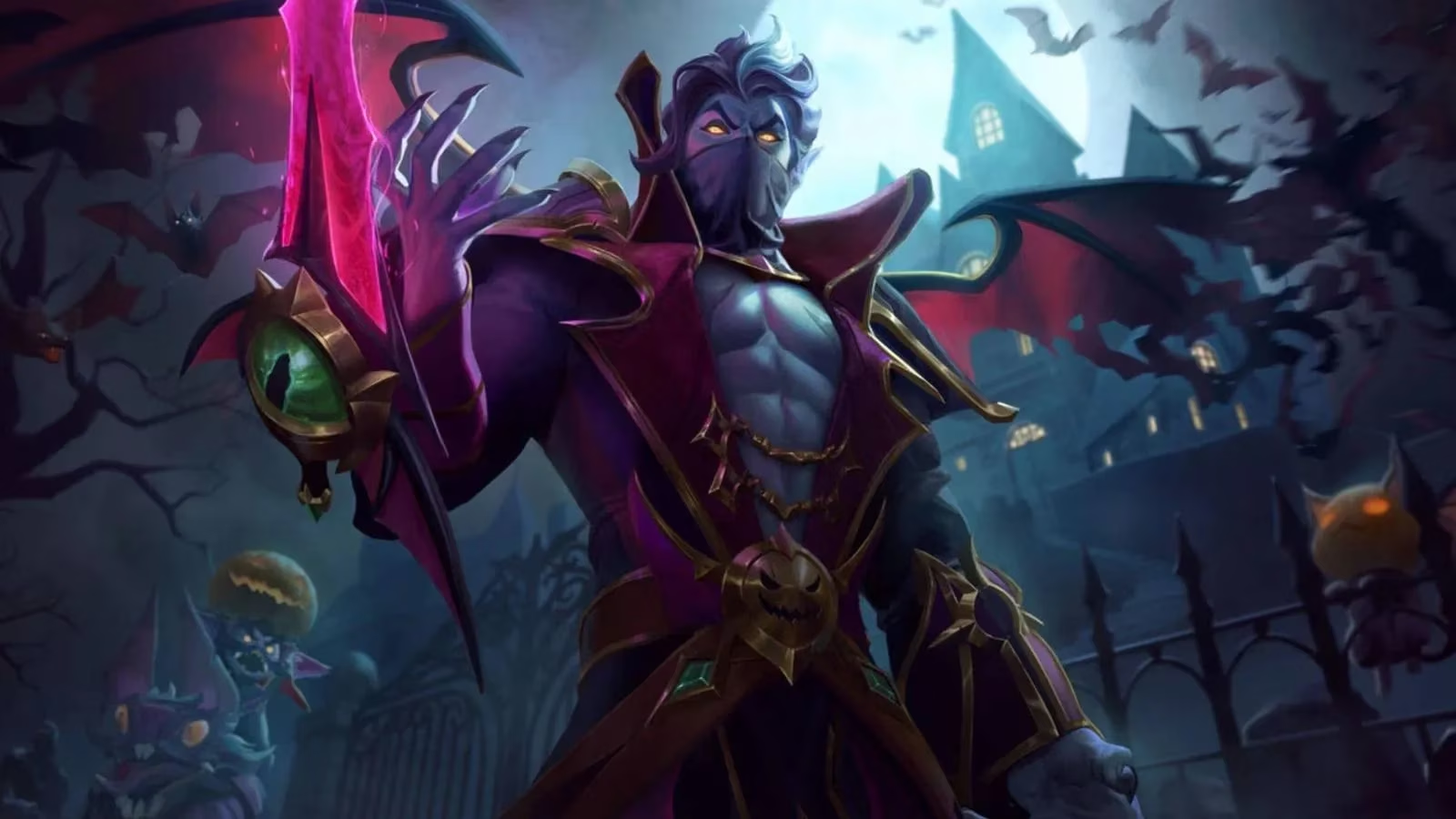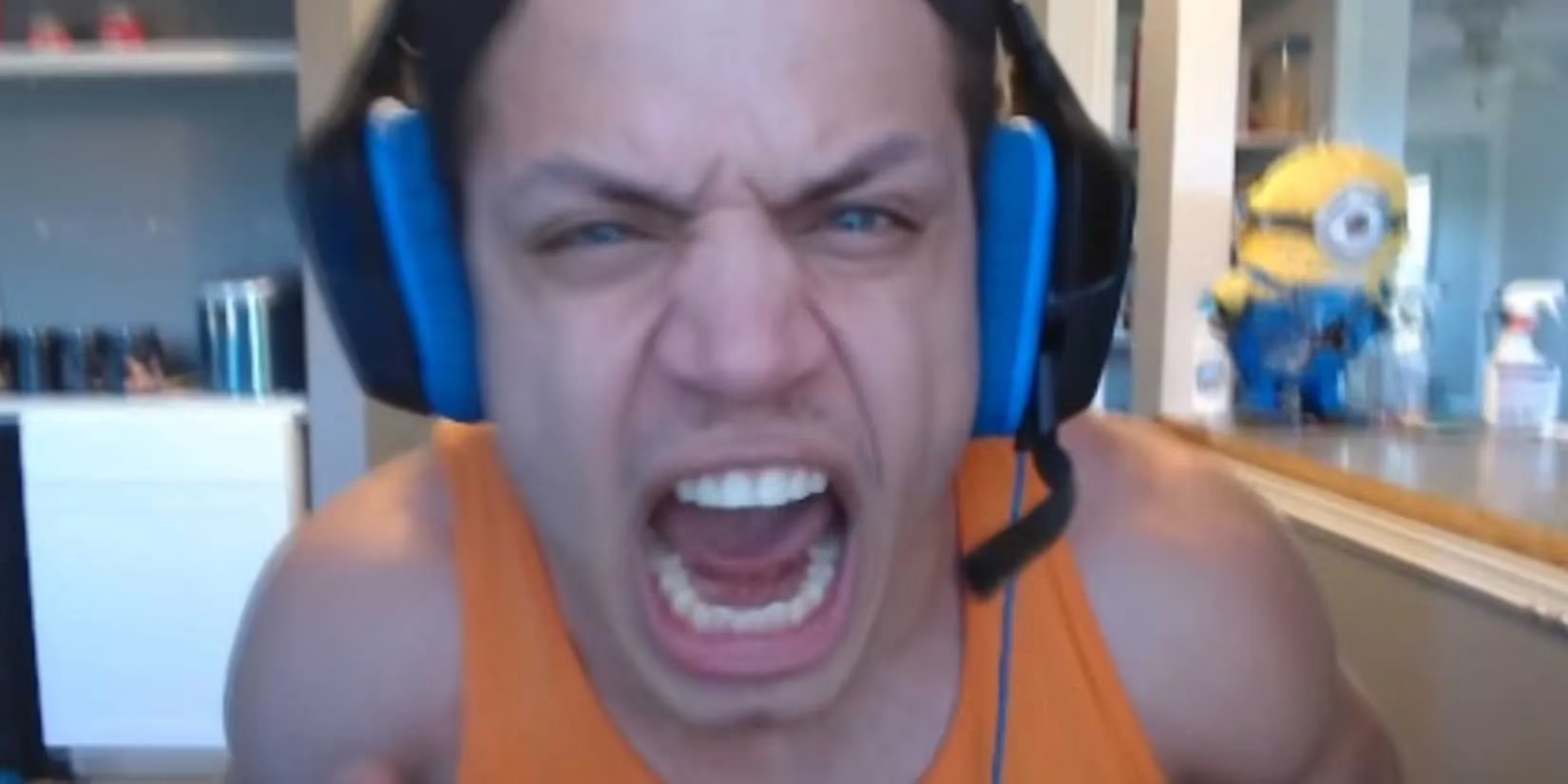The digital arena of League of Legends witnessed one of its most severe judgments in 2025 when Brazilian streamer Yiok faced a permanent ban from Riot Games' entire ecosystem. This drastic action followed his live-streamed threats of violence against Riot employees, marking a rare instance where the company exercised its ultimate disciplinary power. As Yiok publicly questioned product management director Drew Levin about his account suspensions, Levin revealed a chilling clip showing the Kassadin one-trick raging in Portuguese: "If my main account gets banned, I'll raid Riot's offices and r*pe everyone." This wasn't just another outburst—it crossed into territory where virtual toxicity became real-world terror, forcing Riot to invoke section 9 of their Terms of Service allowing permanent bans for "serious violations." The streamer who once declared "League of Legends is my life" now faces exile from every Riot title. 
🔥 Anatomy of an Unforgivable Offense
Yiok's case highlights Riot's nuclear option—reserved for when digital misbehavior bleeds into physical threats. Unlike routine account suspensions, ecosystem bans block access to all Riot games through hardware or IP restrictions. Why is this so exceptional? Consider the statistics:
| Ban Type | Frequency | Consequences |
|---|---|---|
| Account Suspension | Daily (thousands) | Lose skins/champions on one account |
| Ecosystem Ban | <10 documented cases | Permanent exile from all Riot games |
Levin's disclosure of the stream clip demonstrated Riot's evidence-based approach. Community responses revealed this wasn't isolated behavior—fellow Brazilian players called it "typical Yiok." But what pushes Riot to deploy their ultimate sanction?
⚖️ Precedents of Permanent Exile
Riot's ban hammer has fallen before on figures whose toxicity became legendary. The most famous case remains Tyler "Tyler1" Steinkamp, who accumulated 22 account bans by 2016 for extreme harassment. Riot escalated to banning his new accounts during streams, creating the "ban on sight" precedent. Yet redemption existed—after two years of reformed behavior, his 2018 unban birthed streaming stardom. 
Other irreversible bans include:
-
Joseph "XJ9" Sulenski (death threats to community members)
-
Khaled "DarkwinJax" Abusagr (racism/antisemitism)
Conversely, Nicolaj "Jensen" Jensen proved bans aren't always lifelong. His DDOSing offenses earned a 2015 unban, transforming him from pariah to pro legend. This raises intriguing questions: Can Yiok walk Jensen's path? Or did his violent threats burn every bridge?
🌐 Why Hardware Bans Remain Rare
Players often ask: If toxic players just create new accounts, why not ban more? Riot walks a tightrope between community safety and player retention. Hardware bans risk false positives (e.g., internet cafes) and require constant tech upgrades as offenders use VPNs or spoofing tools. Instead, they deploy them only when:
-
Threats escalate to real-world violence
-
Offenders become "toxicity influencers" (e.g., Tyler1's copycats)
-
Legal liability emerges (e.g., hate speech laws)
Yiok's case hit all three criteria—his streaming platform amplified dangerous rhetoric to thousands. Could this set a new precedent for 2025's content creators?
❓ People Also Ask: Unpacking the Fallout
Will Yiok ever return? Given Riot's stance on physical threats, his path seems bleaker than Tyler1's. Levin's firm citation of ToS section 9 suggests no negotiation. Meanwhile, fans wonder: Does Riot monitor streams proactively? The answer lies in their reactive model—investigations typically begin after reports, not live surveillance.
What about lesser offenses? Racist slurs or gameplay sabotage usually bring account suspensions, not ecosystem bans. But why did Jensen get a second chance when DarkwinJax didn't? Intent matters: DDOSing (Jensen) damaged games; hate speech (DarkwinJax) damaged people.
💡 The Broader Message for Gamers
Yiok's downfall serves as a grim reminder: virtual worlds have real consequences. While League's competitive fire breeds frustration, Riot's 2025 actions prove they'll extinguish flames threatening human safety. As the community debates fairness, one truth emerges—streamers aren't untouchable. Their platforms magnify both glory and disgrace.
🗣️ FAQ: Permanent Bans Demystified
Q: Has Riot ever reversed a ban for violent threats?
A: No documented case exists. Threats against persons (like Yiok's) differ from in-game sabotage.
Q: Can banned players compete professionally?
A: Ecosystem bans include pro play. Jensen competed only after his unban.
Q: Do VPNs bypass hardware bans?
A: Temporarily, but Riot's detection evolves. Sustained play risks escalating penalties.
Q: What constitutes "reformed behavior" for unban consideration?
A: Years of clean streaming, public apologies, and community advocacy—like Tyler1's anti-toxicity campaigns.
Q: Does Riot ban viewers or only players?
A: Primarily players, but chat bans apply to spectators violating conduct rules.